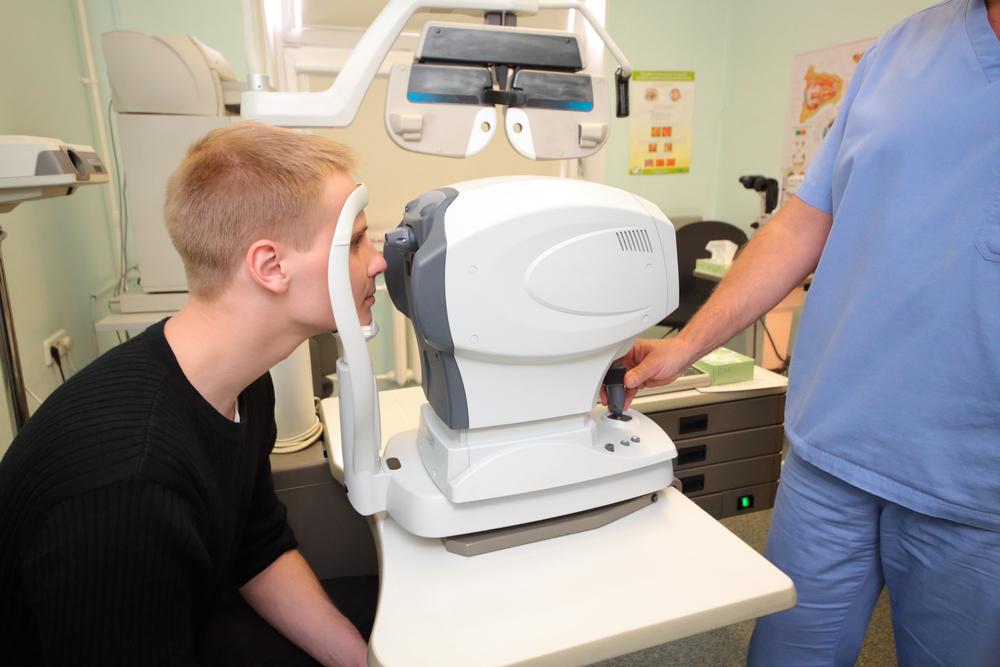Seven common symptoms of cataracts
Cataracts are cloudy layers that form in the lens of the eye. It is caused when the proteins in the eyes thicken that disrupts the lens from transmitting a clear image to the retina. Usually, most cataracts develop gradually; therefore, you can’t discern its effects right away. Mostly, this condition is common among elderly individuals. In its initial stage, cataracts can be managed with the help of adequate lighting and spectacles.

Symptoms of cataracts
Cataracts, in its early stages, could be a difficult to diagnose as they start small and progress slowly. Therefore, of lately if you have been sensing that something is wrong with your vision, watch out for the following symptoms of cataracts.
- Cloudiness – Your vision might seem a little blurry and cloudy, and this sign could intensify with time. As a result, you could increasingly find it difficult to manage everyday tasks.
- Diminished night vision – Cataracts can lead to poor night vision because of which you can’t spot subtle things in the background. So, during nighttime, it could become extremely problematic for you to drive or move around without switching on the lights.
- Need new eyeglasses again – If you have continually purchased a new pair of glasses in every few months, chances are you could have a cataract or another eye condition. Immediately consult an ophthalmologist who could offer you an accurate diagnosis.
- Sensitivity to light – Typically all patients suffering from cataracts will experience some level of light sensitivity. In more advanced stages, bright lights can also become painful.
- Halos – The murkiness in the eye lens can cause deflection of the light that is flowing towards your eyes. Consequently, this leads to the formation of halos around light sources. You might witness rings around every type of light, in some cases which are accompanied by a spectrum of colors. This is one of the reasons why you shouldn’t drive during the night, as it can cause mishaps.
- Diplopia (double vision) – Due to the cloudiness in the lens, the light might diffract and form two images of one object in the retina. This can cause in one or both eyes.
- Yellow tinge – As this condition advances, the proteins clumping the lens eventually could turn yellow or brown. Therefore, all the images that you see could appear yellowish. This could also affect your ability to differentiate between the colors.
Primarily, cataract is a consequence of aging, but it could affect young individuals as well. These additional causes include exposure to UV radiation or radiation from X-rays or chemotherapy, obesity, diabetes, continual use of steroid medications, traumatic injuries to the eyes, excessive smoking or drinking, genetics, etc.
Cataracts can’t be prevented, but they can be corrected with surgery and managed by making some conscious changes in your lifestyle. For instance, if the cause of cataracts is diabetes then you should follow a healthy diet which can help control your blood sugar.



